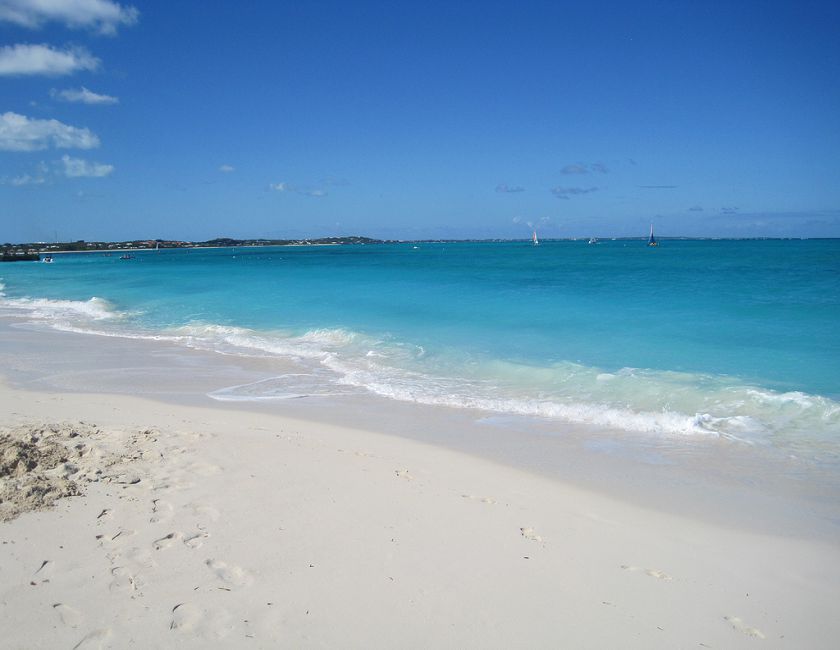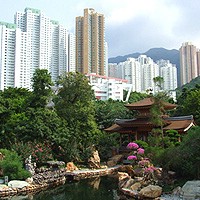Lesbos Hot Springs
 It would seem, what island of Greece do not take it, winemaking is flourishing everywhere. Even the extinguished Santorini is famous for its sweet wine. However, the island of Lesbos with winemaking is not very lucky: a long time ago a volcano covered half of the island with a thick layer of ash, changing its climate forever. But the resilient Greeks found a way out of the situation, covering the spaces unsuitable for vines with olive groves and sowing with extensive plantations of anise. And today Lesbos is rightfully considered the birthplace of anise – a strong alcoholic drink, known to the whole world as “ouzo”.
It would seem, what island of Greece do not take it, winemaking is flourishing everywhere. Even the extinguished Santorini is famous for its sweet wine. However, the island of Lesbos with winemaking is not very lucky: a long time ago a volcano covered half of the island with a thick layer of ash, changing its climate forever. But the resilient Greeks found a way out of the situation, covering the spaces unsuitable for vines with olive groves and sowing with extensive plantations of anise. And today Lesbos is rightfully considered the birthplace of anise – a strong alcoholic drink, known to the whole world as “ouzo”.
There are two variants of the origin of the name of this Greek “brandy”. One of them is “European”, the other is Asian. What is closer to you – judge for yourself. The Greeks themselves, for many reasons, adhere to the European. The essence of the legend is as follows: Greece once had close trade relations with France, supplying various goods through the port of Marseille in containers labeled “uso di Massaglia”, which meant “for use in Marseille”. Among other products with the same marking, anise was shipped, by which time it had no specific name. Over time, the name of the city “fell off” and only the word “ouzo” remained, which was established as a short and memorable name for “Greek vodka”. The Asian version is quite prosaic. The word “ouzo” is of Turkish origin: üzüm from Turkish means “bunch of grapes”. Which version is more believable, of course, it is possible to argue, but it is better not in Greece, especially not in the homeland of Ouzo – the Greeks adhere to exclusively European origin.
Summer in Lesbos is a series of holidays. Honoring sardines, meat, vegetables, fruits, “other products”. Of course, there is an ouzo holiday. “Festival of ouzo” is the most significant and large-scale (by the standards of the island) Lesbos cultural event held in the second half of July in the city of Plomari.
Plomari
Plomari is an incredibly colorful settlement, nestled on the slopes of the coastal hills, with labyrinths of winding streets, old mansions covered with red tiles and churches, old factories and olive presses, Turkish fountains, a picturesque embankment and, of course, many taverns and bars where you can enjoy the famous lesbian uzo and the traditional Greek mezedes.
Plomari was founded in the 40s of the 19th century and thanks in large part to the rapidly developing soap industry and local distilleries, whose products are now known far beyond the borders of Greece, quickly turned into a large industrial and commercial center. Even today, one of the most interesting sights of the city is the entertaining “Museum of soap”, which is located in the building of one of the old factories, and where you can get acquainted with the peculiarities of production and the history of its development in Lesbos.
But the popularity of Plomari has brought nevertheless precisely Ouzo. In Lesbos, almost 30 enterprises for the production of ouzo, producing about 80 names of this drink. Five enterprises are located in Plomari, here, in the building of the Barbayiannis distillery, there is the Museum of Ouzo, which contains interesting exhibits, and enthusiastic guides conduct tours of the factory and, of course, tastings. However, all ouzo enterprises of the island can offer tasting of ouzo. And not even for the purpose of self-promotion, but with the desire to teach the guests how to properly use their traditional drink.
But, despite the fact that the basis of the economy of the modern Plomari is mainly constituted by revenues from the production of ouzo and high-quality olive oil, the tourist infrastructure here is very well developed. Just 2 km from Plomari is the owner of the prestigious “blue flag” – Agios Isidoros Beach, which is considered to be one of the best beaches in Greece.
The mild climate of the Mediterranean with a predominance of hot sunny days and rare patches of rainy days, beautiful nature and history full of secrets and riddles make rest on Lesbos not only pleasant, but also healing: the island’s air is filled with the scent of coniferous forests, the heat is transferred more easily thanks to the sea breezes, and in some areas they beat thermal springs, which attract many tourists to Lesbos during the winter.
The most suitable places for a beach holiday on the island are Petra, Skala Eresos, Skala Kaloni and Molyvos (Mithimna). Molyvos is recognized as the best place for secluded relaxation, here is the only naturist beach on Lesbos. Other beaches, on the contrary, attract large and noisy companies.
Molyvos (Mithimna)
It is known for certain that in the archaic period Mithimna was already a large city with extensive trade connections in the ancient world. An ancient legend says that the city received the name “Mithymna” in honor of one of the daughters of King Lesbos Makarey, the name “Molyvos” appeared at the end of the Byzantine period.



